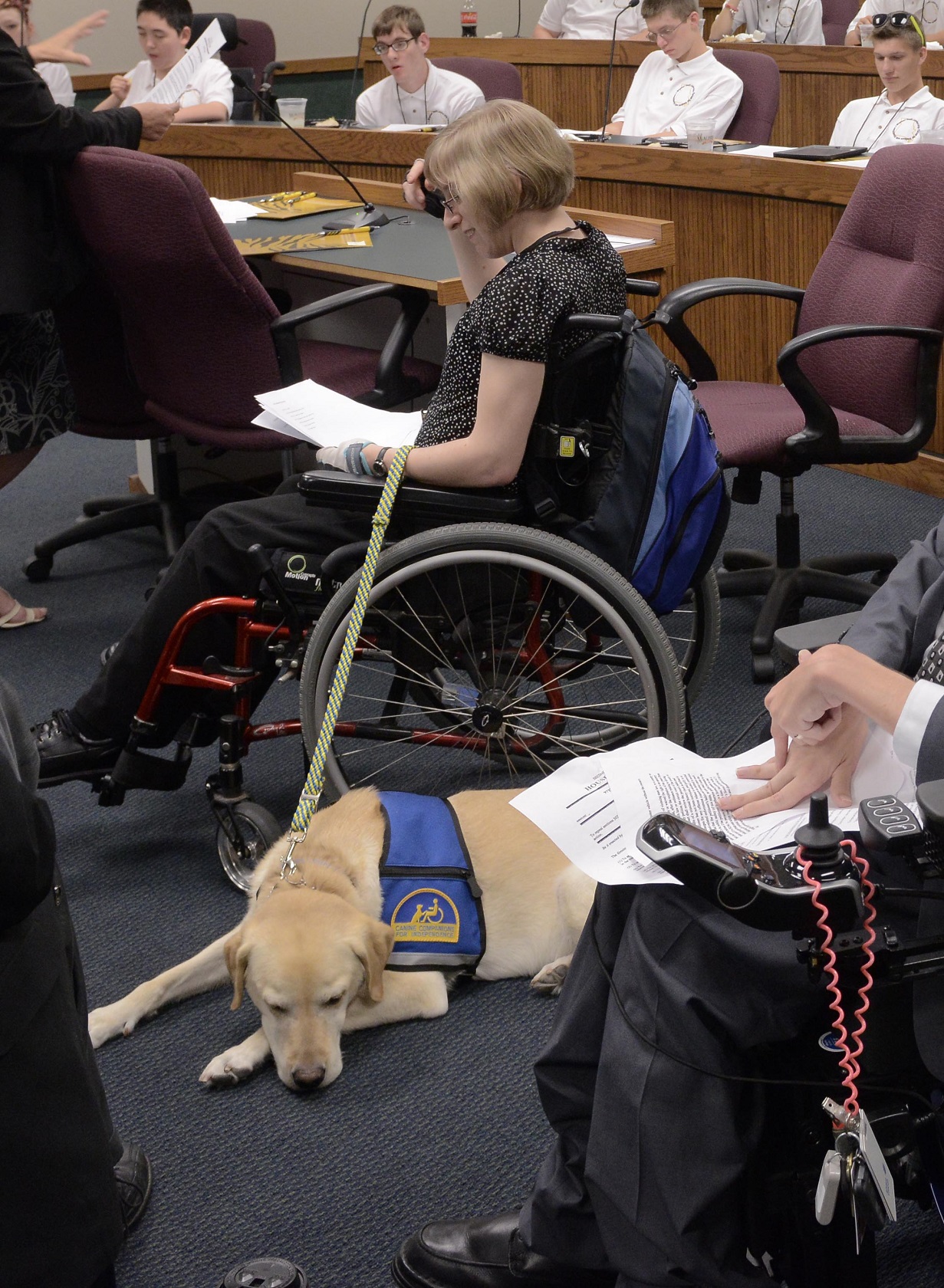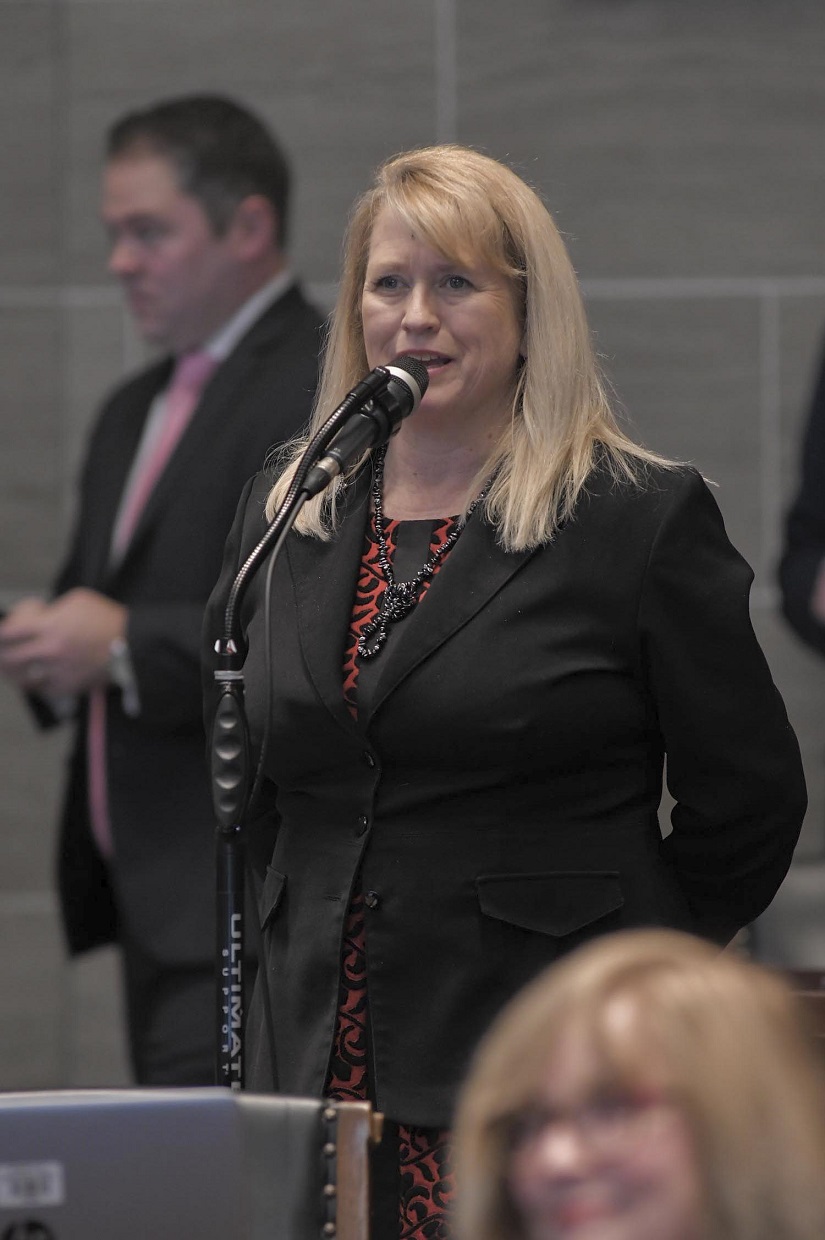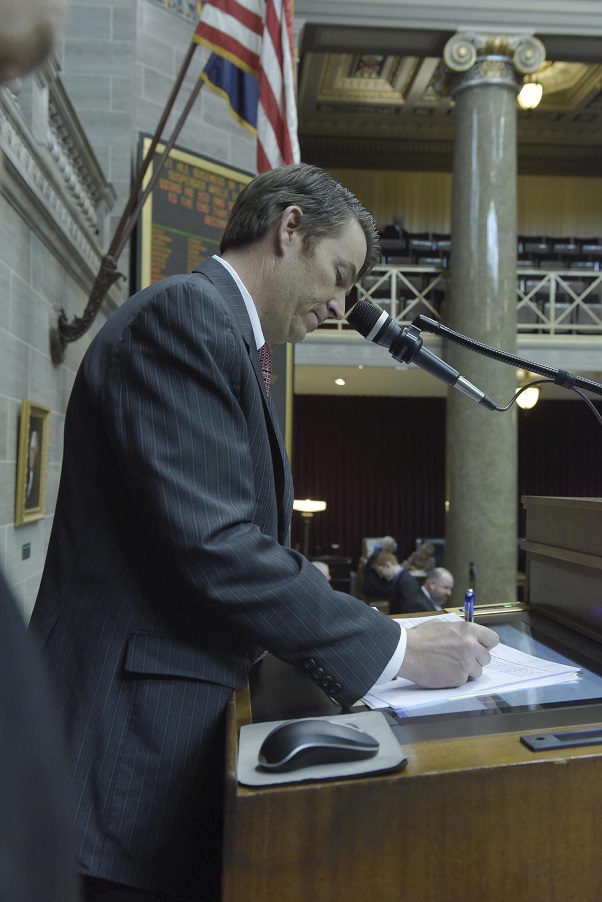The Missouri House has approved a bill that backers say will save Missourians money on prescription drugs.

The sponsor of House Bill 1542, Representative Lynn Morris (R-Nixa), has been working at his pharmacy since 1977. He said what many don’t know is that pharmacy benefits managers have pharmacists sign agreements that prevent them from telling customers when a drug’s out-of-pocket cost is less than the copay on their insurance plans, unless the customer asks about it. Morris said that almost never happens because customers assume the cost through their insurance plans or networks will be the cheapest to them.
HB 1542 would eliminate those agreements, which Morris called, “gag orders.”
“Pharmacists want to tell the patient how to save money. It’s extremely important to pharmacists to help those people,” said Morris. “We owe it to our customers, we owe it to our patients, to always give them the best price, and these PBMs have forced us not to do that.”

The bill was broadly supported, having been sent to the Senate on a 138-7 vote. Representative Tracy McCreery (D-St. Louis) said there should be nothing keeping pharmacists from being up front with customers.
“This bill is actually one of them that goes straight to the heart of addressing concerns that a lot of our constituents have, which is the rising costs of prescription drugs, and what they need to do in order to use their money most efficiently,” said McCreery. “Pharmacists are a trusted profession – poll after poll shows that – and I think it’s shameful that pharmacists have been put in a position where there’s a gag order and they’re unable to capitalize on that trusted position.”
Morris said pharmacists agree to these “gag orders” as part of the contracts they sign with those managers. Without signing such a contract a pharmacist cannot participate in the insurance programs handled by that manager. He said that’s an issue for any pharmacist, but it’s especially critical for rural pharmacists, for whom the loss of any part of a customer base could mean closing the business.
Other provisions in HB 1542 would bar benefits managers from charging what Morris called “clawback” fees, or any fees related to a claim that has not been disclosed up front. It would also prohibit benefits managers from keeping pharmacists from making statements to government officials or committees.
HB 1542 has been sent to the Senate. Morris said similar legislation has been passed in other states or is pending.














